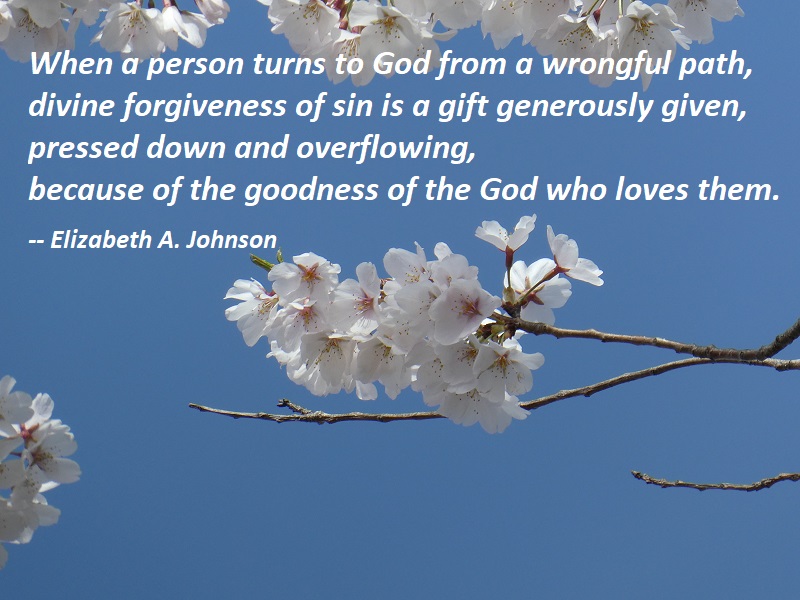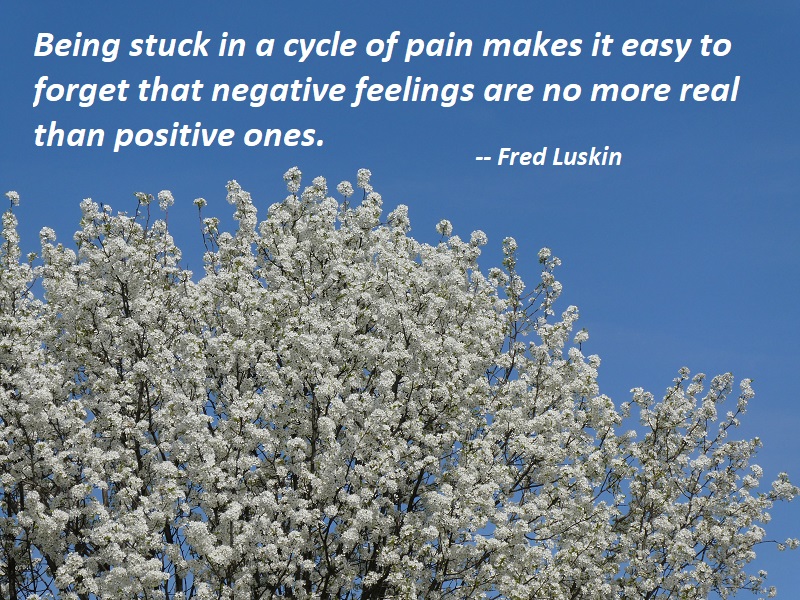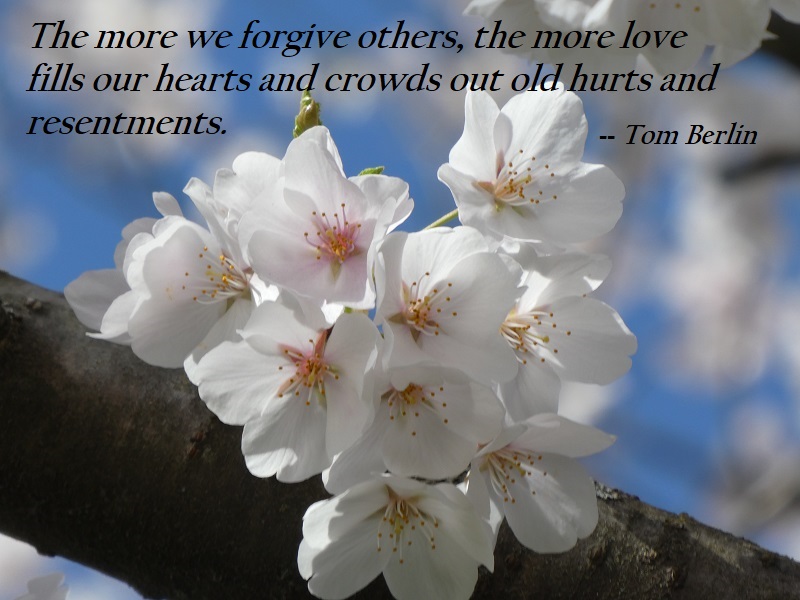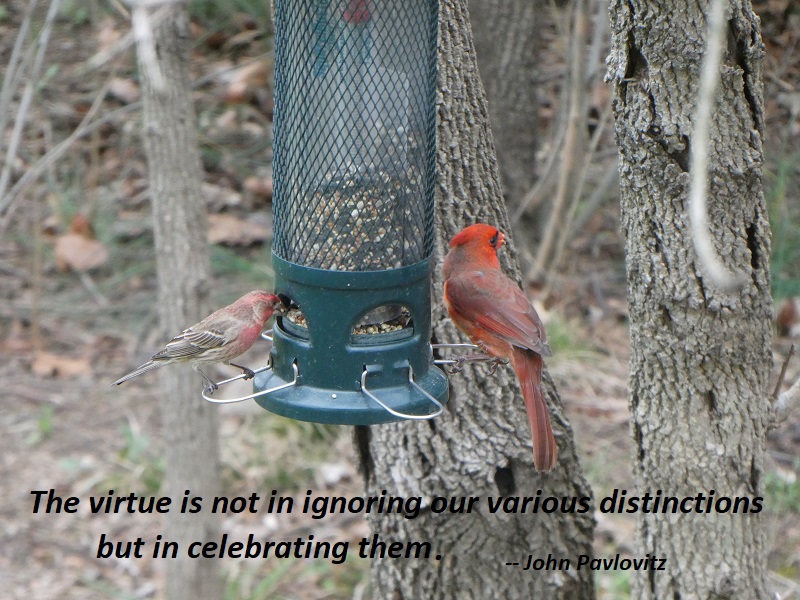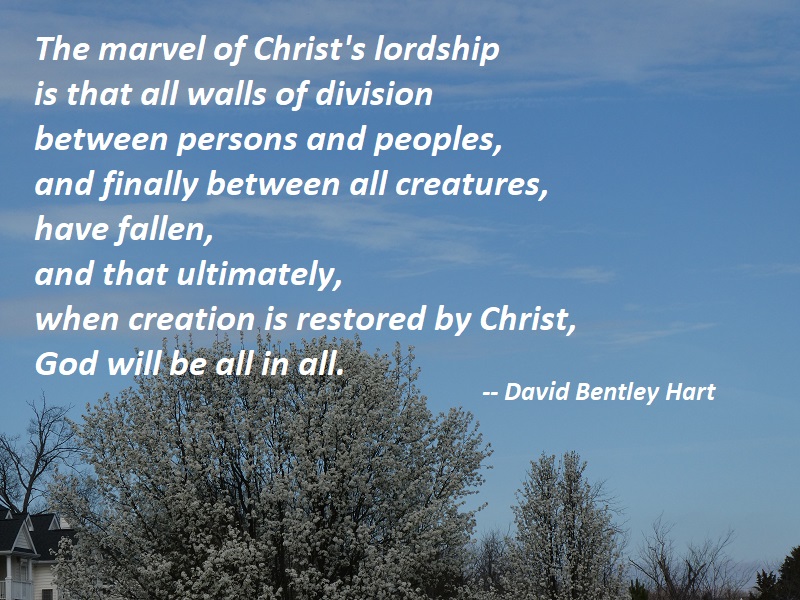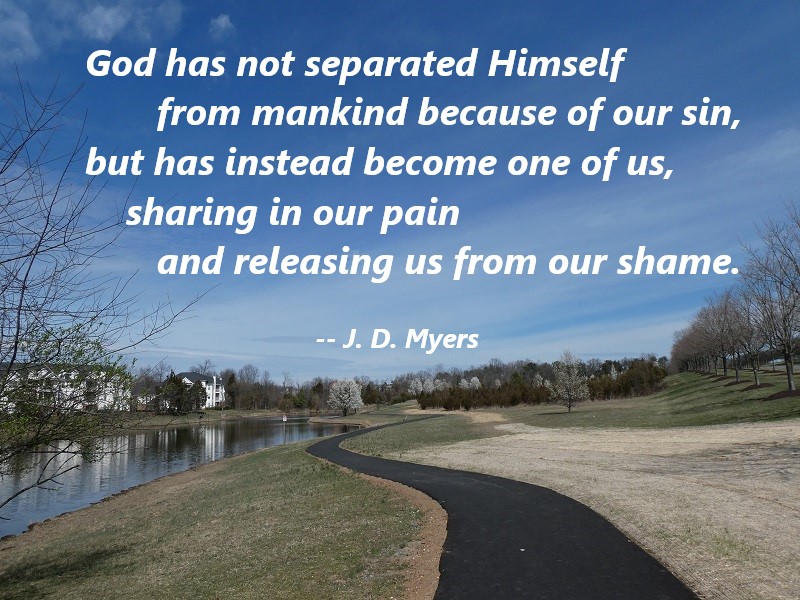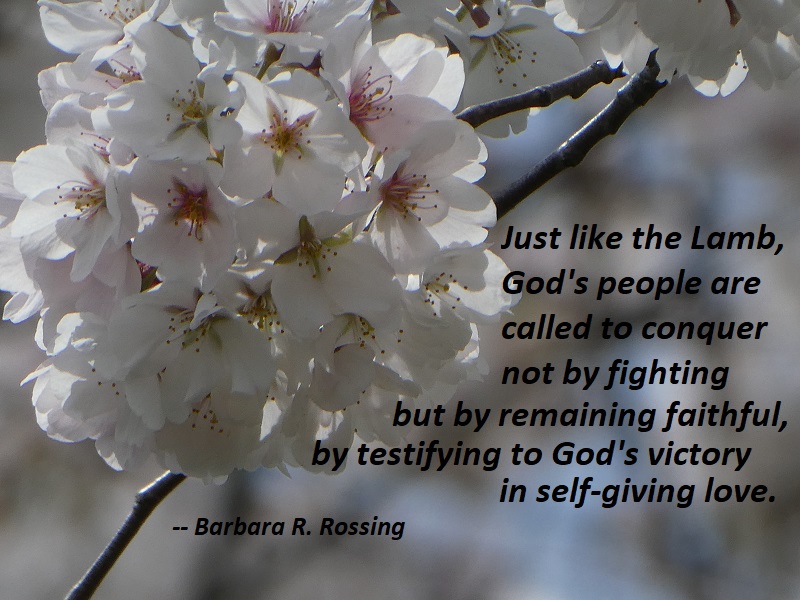
But Revelation pulls an amazing surprise. In place of the lion that we expect, comes a Lamb: “Then I saw between the throne and the four living creatures and among the elders a Lamb standing as if it had been slaughtered” (Rev 5:6). It is a complete reversal. Actually the Greek word John uses is not just “lamb,” but the diminutive form, a word like “lambkin,” “lamby,” or “little lamb” (arnion in Greek) — “Fluffy,” as Pastor Daniel Erlander calls it. The only other place this word arnion is used in the New Testament is where Jesus says he is sending his disciples out into the world “as lambs among wolves” (Luke 10:3). No other apocalypse ever pictures the divine hero as a Lamb — Revelation is unique among apocalyptic writings in this image. The depiction of Jesus as a Lamb shows him in the most vulnerable way possible, as a victim who is slaughtered but standing — that is, crucified, but risen to life.
Reminiscent of the servant-lamb of Isaiah 53, who “is led to the slaughter, and like a sheep to the shearers is silent,” the Lamb of Revelation became the victor not by militaristic power and slaughter but rather by being slaughtered. From beginning to end, Revelation’s vision of the Lamb teaches a “theology of the cross,” of God’s power made manifest in weakness, similar to Paul’s theology of the cross in First Corinthians. Lamb theology is the whole message of Revelation. Evil is defeated not by overwhelming force or violence but by the Lamb’s suffering love on the cross. The victim becomes the victor.
Lamb theology is what true victory or true nike is. For we, too, are “victors” or followers of the Lamb on whom the term nike or conquering is bestowed. This is one of the amazing features of the book. Much of Revelation can sound so violent, but we have to look at the subversive heart of the book — the redefinition of victory and “conquering” — to understand how Revelation subverts violence itself. Just like the Lamb, God’s people are called to conquer not by fighting but by remaining faithful, by testifying to God’s victory in self-giving love.
— Barbara R. Rossing, The Rapture Exposed, p. 110-111
Photo: South Riding, Virginia, March 27, 2020
